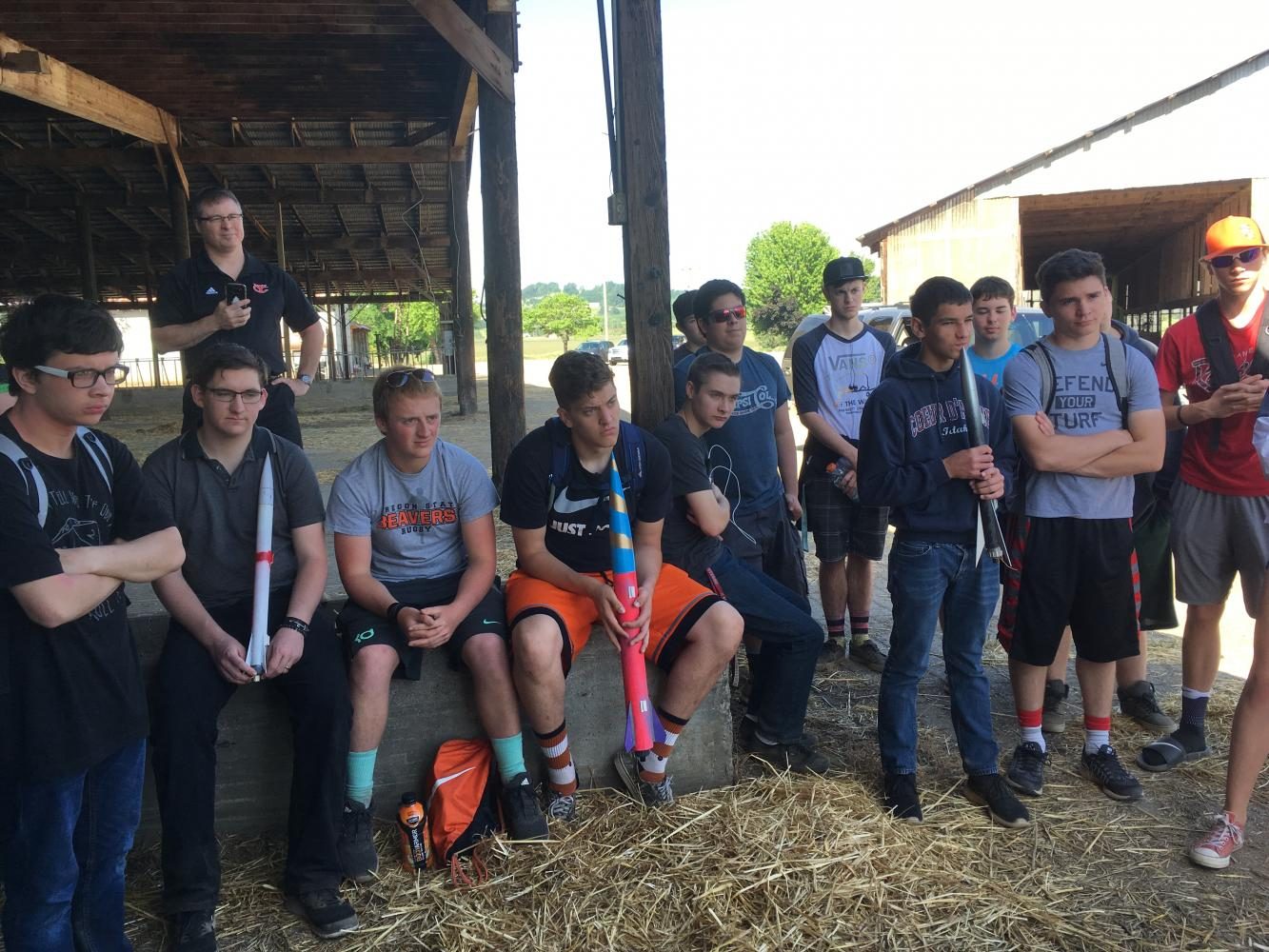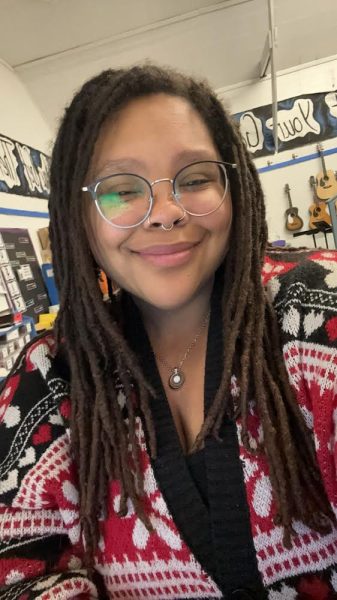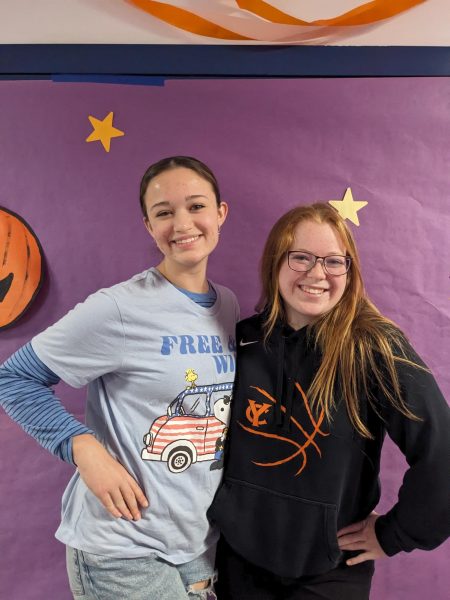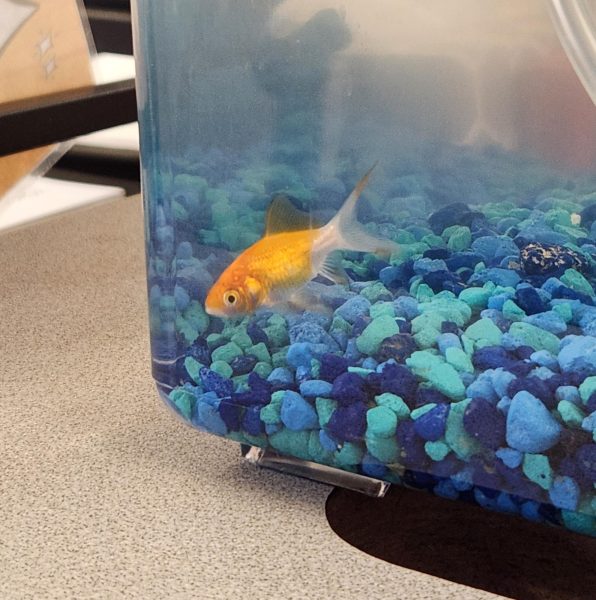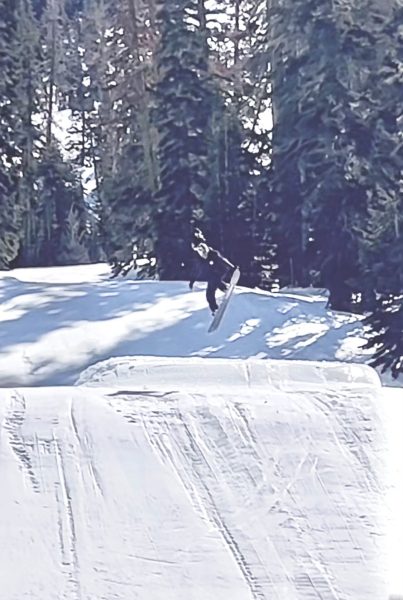Rocketry Class Blasts Off
Getting ready to launch after a full semester.
On Tuesday, June sixth, the Yamhill Carlton Rocketry program set out with the eight o’ clock sun to finally see the results of their semester long projects. It was launch day. Upon arriving at their destination, the students were greeted by David Armstrong, a representative for the rocketry program and long time amateur rocketeer.
It was the first team’s turn to launch. Self declared the “Scientific 6”, they secured their rocket onto the launch pad. Excited eyes watched over the field waiting for the epic countdown.
“Three…two…one!”
The rocket hadn’t budged. After some electrical tweaking, the rocket shot up and over, headed straight south west into one of the VanDyke fields. With their search party out, and down one altometer, the other groups proceeded still. After the trials of the four other groups, one rocket stood out as the reigning champion of altitude; “One Chromosome Jerome”. This rocket, built by YC Sophomores Cole Paolo, Dane Manley, John Jung, and Caleb Stepper, flew by far the highest, however the altitude was never tracked. When asked what they enjoyed the most about building the rocket, Cole Paolo stated “The dremel…it only had one setting and that was fast.”
The YC rocketry program was started by teachers Jordan Slavish and Brittany Hartmann as a part of the Yamhill Carlton Career Academy program (YCCA). “I wanted to make sure I wasn’t doing something that other people were doing at the time,” states Slavish,”But also something that was relatively reasonable for our kids to achieve.” The class this year was modeled from a group in Texas called “Systems Go”, which is a four to five year program ranging from introductory engineering to taking vessels up to 100,000 feet. Slavish has stated that he would like to adopt a program similar to that of “Systems Go”, which is exciting news for YC students interested in rocketry and aerospace engineering.
Not only has the rocketry program this year been successful in teaching the students skills in engineering and design, but also in finding new ways for both the students and teachers to learn. When prompted what the most important skill she’s seen the students develop, Hartmann replied,”Being able to run their own education–it’s nice to have them ask a question and be able to say ‘I don’t know, let’s find out together’.” Student based learning has been slowly implemented into classrooms across Oregon and while many have mixed feelings towards the subject, the teaching method enables teachers and students to learn from one another in many ways not explored through traditional methods…which seems to be working at YC for classes based in science, technology, engineering and math (STEM). For many of the students interviewed about the program, the “student lead” nature of the class was an important, defining factor in their experience. “I like that it’s student based and we got to teach ourselves what to do,” Freshman Hanna Vandewalle, a member of the “Scientific 6” stated,”I felt like I learned a lot more than if we had just been told what to do.”
The student’s enthusiasm, as well as that of the teachers, hold a promising future for the continuation of the rocketry program through YCCA. The program will surely flourish under the devotion of the students and staff involved and will continue to be both a unique educational opportunity, and a source of inspiration for students interested in becoming a part of the future of aerospace and rocketry. As quoted from David Armstrong,”My generation had the moon. But your generation…has Mars.”

